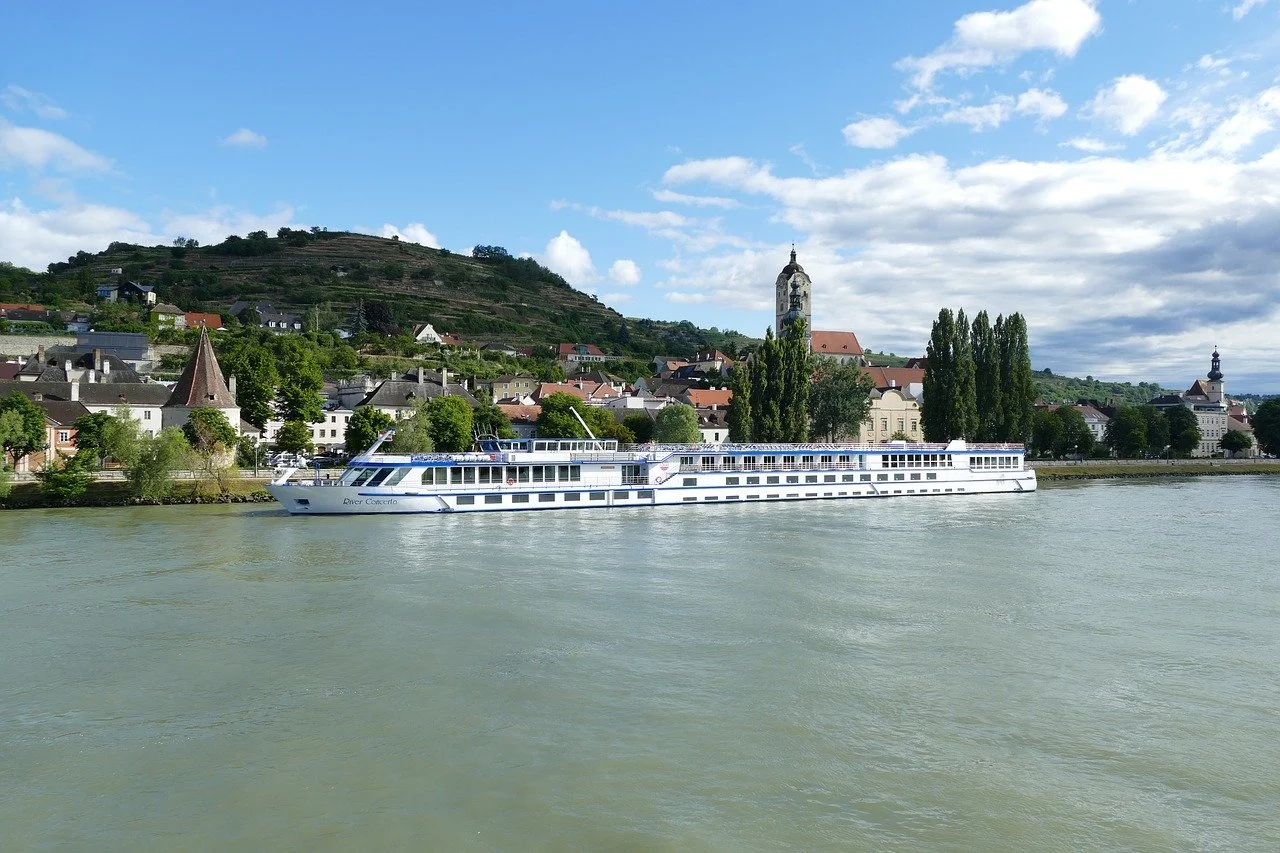
Moore v Scenic Tours Pty Ltd 2020 HCA17
Published on May 6, 2020
On 24 April 2020 the High Court unanimously allowed an appeal from the NSW Court of Appeal in the matter of Moore v Scenic Tours Pty Limited relating to a European River cruise.
The High Court’s decision has the potential to increase the viability of class actions from disrupted holiday and recreational activities.
It is particularly relevant in the current climate in circumstances where numbers of passengers on cruise ships around the world have tours significantly disrupted due to the COVID-19 pandemic.
The Plaintiff a Mr David Moore had booked a tour through Scenic Tours which involved a European river cruise on the Rhine, Main and Danube Rivers. The tour was marketed as providing “all-inclusive luxury”.
Mr Moore had chosen this particular tour because he was recovering from spinal surgery. This prevented him from sitting for extended periods. The cruise, as advertised, would enable him to walk freely about the vessel and he would only have to unpack his belongings once.
Mr Moore had spent $18,000 on the tour to commence in Paris on 31 May 2013 and the cruise was scheduled to depart from Amsterdam on 3 June 2013.
In the months leading up to the tour Europe experienced significant flooding. This meant that Mr Moore’s tour was significantly affected due to the high water levels on the Rivers that the cruise travelled on. This caused many disruptions to the scheduled itinerary.
As a result of these conditions Mr Moore only spent three days cruising and on three different ships, and the remainder of the trip was spent travelling by bus.
Mr Moore was the Plaintiff in a class action commenced by 1500 passengers of the 13 tours (“the group members”) offered by Scenic Tours that were scheduled at the time. Mr Moore alleged that, Scenic Tours had failed to exercise due care and skill in the supply of the tours and was in breach of the consumer guarantees under the Australian Consumer Law (“ACL”).
Mr Moore alleged that Scenic Tours had breached Consumer Guarantees for services under the Australian Consumer Law.
In particular it was alleged that:
- Scenic Tours failed to exercise due care and skill in supplying the tour (section 60 of the ACL);
- Disruptions to the tour due to the adverse weather conditions rendered the tour unfit for the purpose for which it was acquired (section 61(1) of the ACL); and
- The tour was not of a nature and quality that could reasonably be expected to achieve the result that Mr Moore and each of the group members wished to achieve (section 61(2) of the ACL).
Mr Moore argued that Scenic Tours knew or ought to have known of the weather disruptions that were likely to occur to the itinerary and chose not to cancel cruises or inform passengers in a timely manner to give them sufficient opportunity to cancel their bookings.
Proceedings at first instance and on appeal
The Trial Judge found that Scenic Tours had failed to comply with the Consumer Guarantees and awarded Mr Moore $10,990 in compensation for loss of value and $2,000 for damages in disappointment and distress.
The decision was appealed by Scenic Tours.
The NSW Court of Appeal agreed with the primary judge that Scenic Tours was in breach of its obligations under the ACL however the Court of Appeal found that Mr Moore was not entitled to damages for disappointment and distress because the Civil Liability Act, 2002 (NSW) (“The CLA”) precludes damages for non-economic loss in personal injury cases unless the loss amounts to at least 15% of a most extreme case.
The Court of Appeal determined that Mr Moore was not entitled to damages for disappointment and distress because his loss did not amount to at least 15% of a most extreme case.
Mr Moore was granted leave to appeal to the High Court on the issue of his entitlement to damages for disappointment and distress.
The challenges made to the Court of Appeal’s decision were as follows:
- The Australian Consumer Law does not pick up and apply the restrictions of the CLA;
- Damages for disappointment and distress do not constitute personal injury damages for non-economic loss and therefore the restrictions of the CLA do not apply; and
- The CLA is restricted by geography and was not applicable in this case because the damage suffered occurred outside NSW.
The High Court rejected the proposition that the ACL does not pick up and apply the restrictions of the CLA but agreed that damages for disappointment and distress from a ruined holiday do not constitute personal injury damages for non-economic loss and therefore the restrictions of the CLA do not apply and allowed the appeal on this basis.
The High Court found that frustration and disappointment as a reaction to the breach of contract under which Scenic Tours promised a pleasurable and luxurious holiday was the normal reaction of an unimpaired mind and was therefore not a claim for personal injury.
The High Court confirmed that damages for disappointment and distress caused by breach of contract if the object of the contract is to provide pleasure (as previously confirmed by the High Court in Baltic Shipping v Dillon 1993 176 CLR 344) is still the law in Australia and has not been restricted by the CLA.
Because the appeal was allowed on this basis it was not necessary for the High Court to rule upon Mr Moore’s third submission.